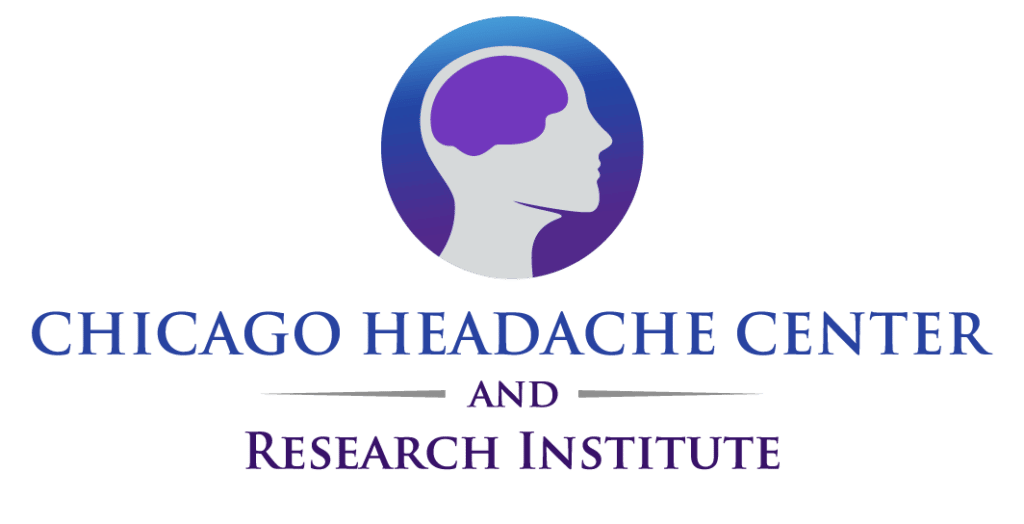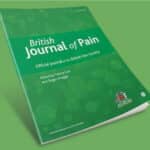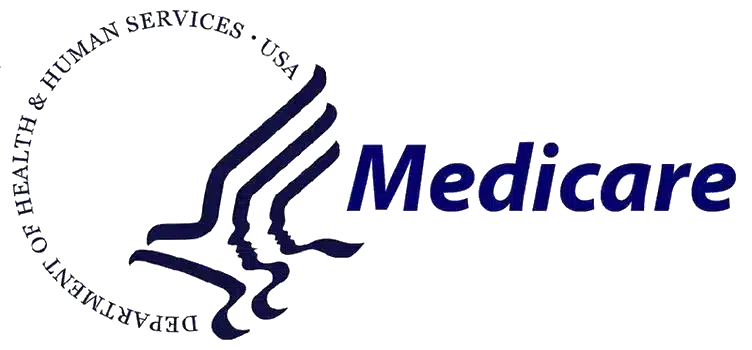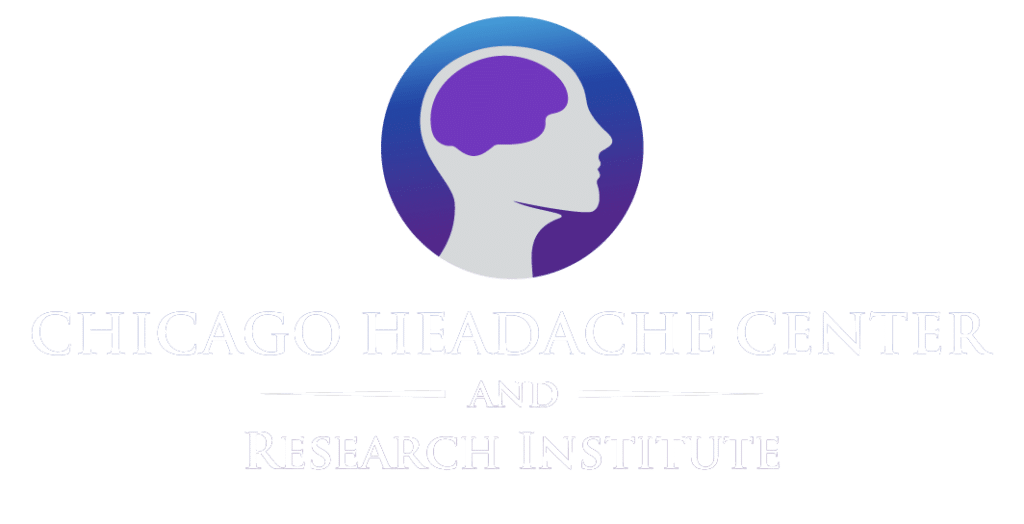Migraine is an illness characterized by unpredictable attacks of head pain and associated symptoms such as nausea and vomiting. While various non-drug treatments can be used for attacks, for example, biofeedback, consuming a medication remains the most common treatment choice.
“Acute” migraine medications are intended to stop or significantly relieve an attack that is occurring or is about to occur. Below is a list of the acute medications with the highest endorsement from the American Headache Society. To get the most benefit from acute drugs, people with migraine should understand several key points:
1. Since no acute treatment works for 100% of attacks, all individuals with migraine should have at least two acute treatment options. Indeed, anyone prescribed only one acute drug should ask their doctor “What should I do if this medication does not relieve an attack?” This question will help initiate an important conversation to formulate an effective plan.
2. Acute medications are most effective if taken at the attack’s onset. While you may be tempted to ‘wait-and-see’ how the attack progresses, this approach may waste time for the medication to exert relief. The moment you realize that you are having a migraine attack is the moment to take action.
3. Not all acute medications are taken by mouth. Nasal sprays, injections, skin patches, and suppositories are options, especially for individuals whose attacks progress rapidly (go from no pain/symptoms to severe pain/symptoms in a matter of minutes to a few hours) or are accompanied by nausea or vomiting.
4. Generally speaking, wait at least two hours after consuming an acute drug before consuming a second acute drug, and wait at least one hour for injections, nasal sprays, or suppositories.
5. The goal when using acute medications is to allow you to return to normal function, in other words, doing activities of daily living such as work, household, and social tasks. While pain reduction is an important part of this goal, pain reduction is not the only goal.
5. Use of acute medications should be limited. While the limits of your acute medications should be discussed with your doctor, generally acute medications should not be used more than two days per week. Note, “days” is not the same as “doses”. Some medications can and should be consumed multiple times a day; multiple doses still only count as one day. Consuming acute medications too frequently risks the development of medication-overuse headache, a situation where the acute medication can contribute to worsening of the frequency or severity of migraine. Any person needing to use their acute medication more than two days per week should inform their doctor.
Still have questions about treating your headaches? Schedule an appointment with one of our headache specialists at Chicago Headache Center and Research Institute.

















